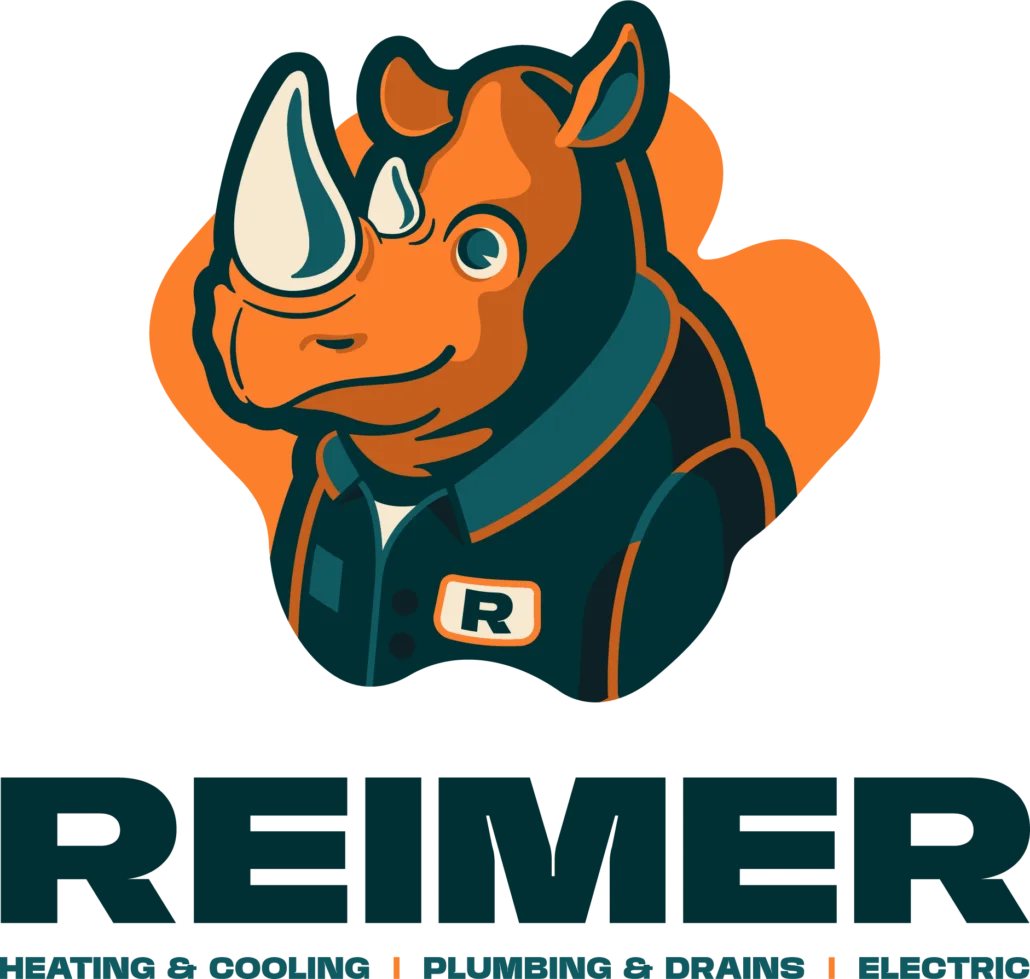What is the difference between boilers and furnaces? Or, boilers and water heaters? Many homeowners use these terms interchangeably, but these systems—from the way they work to their very purpose—are all incredibly different. In this article, we’ll review boilers, furnaces, and water heaters, and how to know which system you need for your home.
Do you live here in Buffalo or Western New York? At Reimer Home Services, we offer free in-home estimates on new boilers and furnaces. Give us a call today to learn more about heating installation from our team.
Get a free in-home estimate on a new furnace or boiler.
Does your home need a new heater? We’re here to help. At Reimer, we offer free in-home estimates on new heating systems—including both furnaces and boilers. Fill out the form to request an appointment with our team.
What is the difference between boilers and furnaces?
The majority of homes in the United States have a central heating system. Those that don’t typically have a ductless mini-split setup.
But, not all types of central heating systems are the same. The two most common types of heating systems installed in homes today include furnace and boilers. Some people think that the difference between the two is just semantics. However, this is not the case. Sure, both the systems keep the room warm, but the way that the warm air is generated is different.
Knowing the differences between a boiler and a furnace will be helpful when it comes to new heater installation. It will also be of use when conversing with the technician about heater problems. So, what are the differences between the two? You should continue reading the article to find out.
What are boilers?
Boilers generate warm air through the heated water in a tank. They don’t require ducts to circulate warm air throughout the house. Instead, heated water is circulated through pipes to different end points located inside the house that are typically baseboard heaters or radiators. This is known as radiant heating.
Electric boilers have heating elements to heat the water, while gas heaters use jets under the tank for the same purpose. The heat is moved through the end points into the living space through radiant heat transfer—the delivery of heat by increasing the surface temperature so that it warms the nearby area.
What are furnaces?
On the other hand, both gas and electric furnaces are forced-air systems. They combust fuel (gas) or generate heat (electricity) to heat up air, which is then blown through ducts into the living spaces of your home. The forced systems heat the air through a device known as heat exchangers. The heated air is then circulated inside the house through the ducts by blower fans. In electric-powered furnaces, heating elements are present that create warm air, while in fuel powered furnaces the warm air is created by the gas jets.
If your gas or electric furnace is getting up there in age, it might need to be replaced. Check out this article to learn why you should consider getting a new furnace installed before winter arrives.
So, which is better?
Each of the types of the heater has its own advantages and disadvantages. Boilers tend to produce cleaner heat and entail lower repair and operation costs. They also tend to be more energy-efficient: less heat energy is wasted through radiant heating compared to forced-air heating. Ultimately, this is a big difference between boilers and furnaces.
However, if your home isn’t set up for a boiler and radiant heating, you may find the cost of installation to be prohibitive—especially if you already have ductwork, anyway. Most homeowners looking to put in radiant heating do so during a major remodel or new home build so that they can run the water lines underneath floors. This has the added benefit of adding heated floors to your home.
What about water heaters?
Many people confuse water heaters and boilers. After all, the physics is fundamentally the same: both systems are using some form of energy (electricity, natural gas) to heat water inside of a tank, and then using pipes to distribute it out to other areas of your home. However, this is where the similarities end. For the most part, the water inside of a radiant heating system and boiler exists in a closed loop—its purpose is to transport heat energy.
Water heaters, obviously, disperse water to the taps, faucets, and shower heads in your home. They are considered plumbing, while boilers are considered an HVAC system. If your water heater stops working, you’ll need to call a plumber. At Reimer, we have both HVAC techs and plumbers on our team.
Call Reimer for heating installation in Buffalo and Western New York
Whatever heating equipment you purchase, you can ensure that it continues to operate without a major fault for a long time through regular tune-up. If you want to get in touch with experienced NATE-certified furnace repair technicians in Western New York, you can contact our team by filling out the form below.


